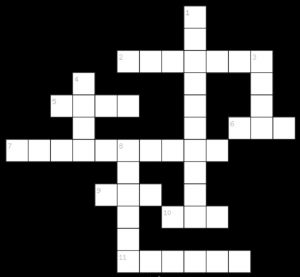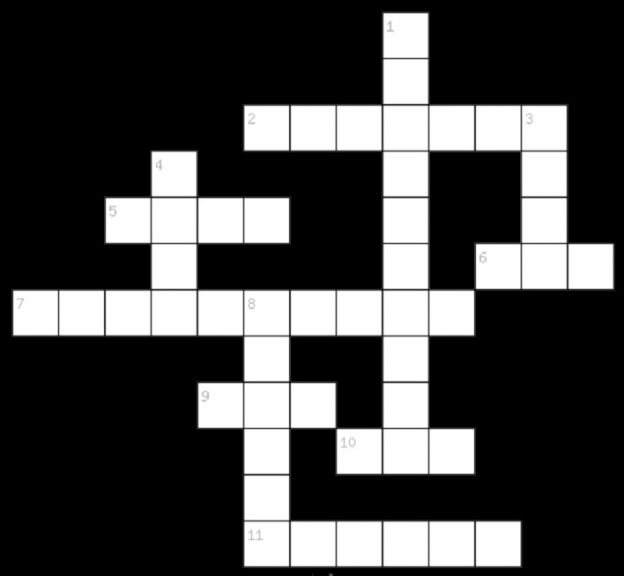The internet can be a baffling source of information sometimes.
It can discombobulate us with initialisms; it can leave us reaching for our dictionaries with sesquipedalian words and neologisms; and it can alienate us with unnecessary words and phrases designed to make us look clever.
Yes – the irony in that last paragraph is deliberate. Although irony can also be another barrier to understanding and doesn’t always translate well in a digital context.

Recently, I’ve been working with Chris Thomson to put together an online workshop on Writing for the Digital World. One challenge we had was highlighting the practice of good web writing whilst still keeping a little of yourself in the writing. If everyone wrote the same way online the digital world would be a very dull place after all. Having said that though, there are certainly things you should avoid (or at least approach with caution) which we cover on the workshop.
What we want to do on the course is unpack those ‘things to avoid’ in order to help participants refine their web writing. What we don’t want to do on the course is silence people’s unique voice.
Exploring tensions in your writing
There will always be tensions in the way you write influenced by a range of factors, such as:
- Who are you writing for? Do you have a clearly defined audience in mind?
- Who do you represent with your writing? Are you writing with a business objective in mind or are you writing for yourself?
- How much of the writing includes your authentic voice? What are the tensions between writing as a recognisable individual and representing an organisation?
The point about tensions in your writing is a good one to reflect on.
Take the example I used earlier about things you should avoid in digital settings, such as irony. I like irony. I use it all the time, not just when I’m writing, but also when I’m having everyday conversations. I just can’t help myself and irony for me is so ingrained that it’s become part of who I am. If I didn’t use irony in digital settings you could argue that I am losing part of my authentic voice.
You will have similar quirks that bleed into your writing too and this is perfectly fine! Just be aware of them and consider what impact they might have on the message you are trying to get across.
Neologisms (new words)
Another area that we had a lot of fun with when putting the course together was the way digital has not only influenced how we write, but also the words we use. My colleague Esther Barrett, has blogged about this previously if this is an area that you would like to explore further.
The internet has given us a lot of new words in recent years and it can be fascinating to look at how our language is evolving, especially in digital settings. One fun way we wanted to explore this on the course was to gamify an activity to check participants’ knowledge with a crossword.
I’ve included the activity here. Why not have a go and see how many you can get?
As a Monty Python fan I love 3 down!

Across
2. Our digital incarnations. Originating from Sanskrit, describing the descent of a god from the heavens into earthly form.
5. Originally derived from Low German denoting a crazy person who worked in a freak show in travelling circuses.
6. Amazing that this initialism has found its way into the Oxford English Dictionary!
7. Also known as “auto-correct errors”, occurs when your computer thinks it knows what you’re trying to say better than you do. Also the name of the Californian city where Apple has its headquarters.
9. Hilarious.
10. If you don’t care you might use this expression online.
11. Word of the year in 2013 – a photograph of you, taken by you!
Down
1. An alternative to hashtag, first brought to a wider public thanks to its adoption by telephone engineers at Bell Labs in the 1960s as the generic function symbol on their new touch-tone phones.
3. A contraction of the words ‘spiced ham’ used back in 1970 in an episode of Monty Python’s Flying Circus set in a cafe, where every item on the menu featured this!
4. A term first coined in Dawkins’ 1976 book The Selfish Gene, as an abbreviation of the Ancient Greek term mimeme (“an imitated thing”).
8. Dating back to an Old French verb, meaning to wander around while hunting. Now found under digital bridges waiting to pounce…

